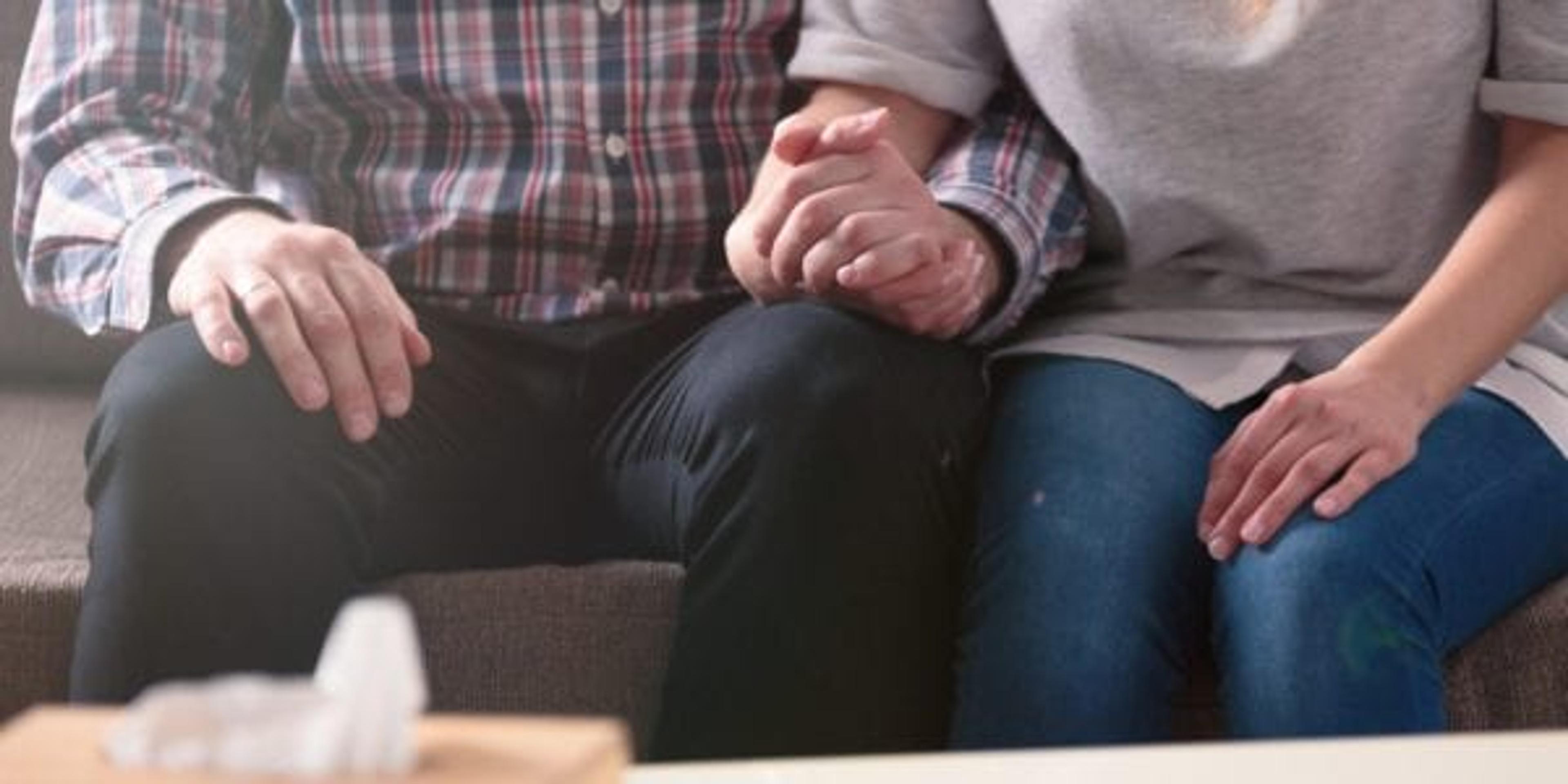Kevin’s Song: Providing Support to Those Seeking Solace

Jillian Berndtson
| 4 min read

Suicide is the 10th leading cause of death in the United States and 2nd for those between the ages of 15 and 34.
Kevin’s Song is on a mission to empower communities to stop suicide and offer support to those who have lost someone to suicide.
Gail Urso, co-founder of Kevin’s Song, has been spreading awareness and educating others about suicide since she lost her son in 2013.
“Kevin was 41 and lived in Florida and we lived here. And we knew that Kevin had suffered from some depression over the years. But we were completely unprepared and shocked that he died by suicide. We were of course devastated. As we grieved, we began to learn that there were so many suicides, we had realized that suicide is an epidemic,” shared Urso. “The year Kevin died, I believe 45,000 other people died by suicide.”
After their loss, Gail and her husband sought to understand more about suicide and its implications.
“We learned that suicide crosses all boundaries: ages, religions, ethnic backgrounds, economic levels, it doesn’t matter,” Urso said. “There are things you can look for, ways of preventing suicide. And so we started with four, smart board of directors and we’ve continued to grow over the years where we sponsor a conference every year, which is one of our signature ways of helping to educate the community. The community includes health professionals, medical professionals, educators, clergy, first responders, parents, really everyone.”
Losing someone to suicide is never easy. It can leave the loved ones with many questions and confusion.
“So many times, people are so shocked when someone they know, someone in their family, a loved one, colleague dies by suicide,” said Urso. “I think it’s important first of all to be aware that it’s prevalent and it can happen to anyone. But there are also things to look for. It’s really important that we erase the stigma around mental health issues and just talking about suicide because not everyone who died by suicide has a mental health problem.”
Due to the growth in incidences of suicide, it’s important to check in on loved ones.
“Suicide really requires all of us to be more tuned into other people and not to be afraid to ask ‘how are you doing?’ We’ve learned that it’s okay to say to someone, ‘have you thought about suicide?’ ‘Are you thinking about suicide?’… that’s helpful because it takes the secrecy away by talking about it. And it helps people to ask for help. We know that people who died by suicide isolate. They don’t want people to know how terrible they feel, because they don’t want to be a burden to other people. That’s very common,” Urso explained.
Survivors of suicide also experience complex stages of grief, but there are ways to help.
“One important thing is to just be there for others,” shared Urso. “For the survivors, it’s important for them to find a support group, if they can …because suicide is such a complicated death it leaves people who are mourning the loss of someone who died by suicide with a complicated kind of grief. There’s some that’s guilt and there’s some that’s shame. It can be very complicated but other people who have lost someone to suicide understand.”
There are many resources available for survivors of suicide and people who have experienced thoughts of suicide.
“There are organizations, therapists, medical people, studies in town, books that have been written but what we’ve done is through our conference, through our website, through events that we’ve had, we’re trying to bring all these resources together,” Urso said. “It’s unfortunate that there are therapists who graduate from colleges and universities without specific training in suicide prevention. Our intention is to have therapists who we feel are particularly well-suited to work with people who are suicidal or have lost someone to suicide. We refer people to organizations, hospitals that we know handle certain situations particularly well.”
Kevin’s Song hosts an annual conference that brings together health care workers, therapists, community organizations and individuals to raise awareness and talk about suicide. The next conference will take place Jan. 23-25, 2020. For the first time, this conference will have a special focus on educating school faculty about signs of suicide and how to prevent it. You can register to attend on Kevin’s Song’s website.
If you or someone you know is displaying any of the warning signs of suicide, call the National Suicide Prevention Lifeline at 1-800-273-8255. If you’ve lost a loved one to suicide, there are a variety of resources available to help you as well.
You may also like:
Photo credit: KatarzynaBialasiewicz





